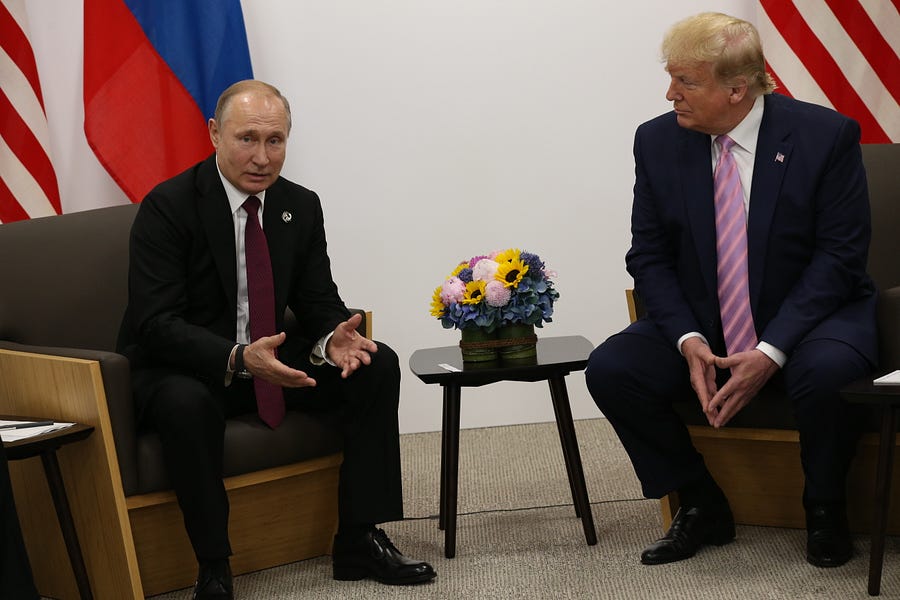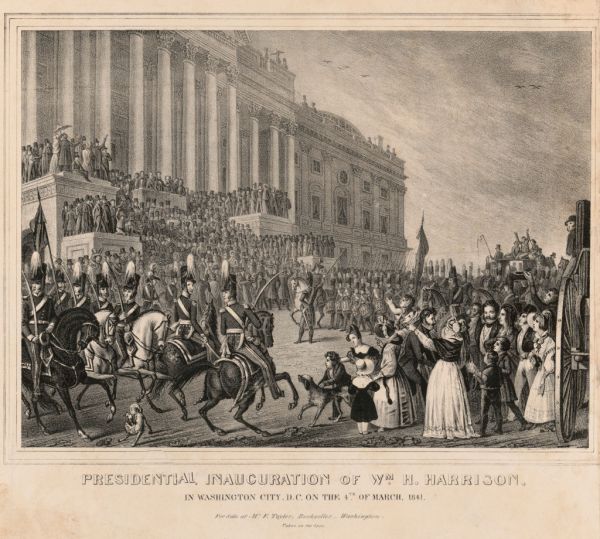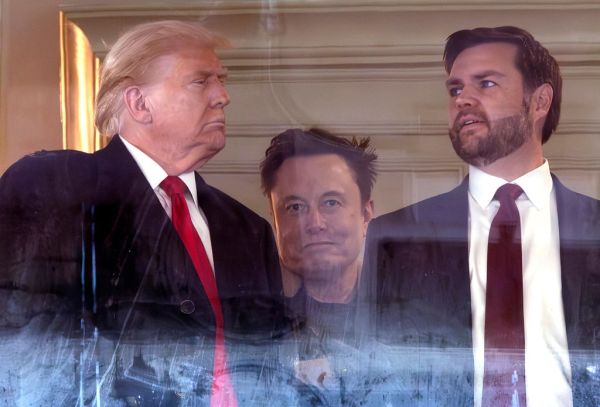Last week, the New York Times and Washington Post reported breathlessly that the U.S. intelligence community has concluded that Russia is attempting to interfere in the 2020 elections in favor of Donald Trump. Trump, of course, exacerbated the story by behaving like a guilty child with something to hide. But that’s not what’s weird here. What’s weird is that Vladimir Putin would think he’ll be better off with Donald Trump than Bernie Sanders. (The Post did follow with a piece the next day asserting Sanders has been briefed about Russian efforts to help him too.)
Despite the whole Russia collusion narrative and the president’s cringeworthy affection for Vladimir Putin, the truth is that team Trump has been harder on Russia than any administration since the end of the Cold War. Russia has been repeatedly sanctioned for everything from its invasion of Ukraine to human rights violations to chemical weapons use and its Nord Stream 2 gas project. Trump authorized lethal weapons transfers to Ukraine, reversing Obama administration policy. He supported the forward deployment of NATO forces to the Baltics, a major plus up and another reversal of Obama. He expelled dozens of Russian diplomats because of Moscow’s attempted assassination of Russian defectors in the U.K. And all that doesn’t include covert action taken against Russia for interference in the 2018 Congressional elections.
Individuals, companies, and Russian officials have been designated for sanctions. Take a look here if you don’t believe it. The list is long, it is broad, and while some of the designations have been under binding legislation passed by the U.S. Congress, some have been under executive order (EO). In the case of Russian oligarch Oleg Deripaska and his aluminum company Rusal, the administration inadvertently upended the entire global aluminum market in a spontaneous effort to punish a pal of Vladimir Putin. And just so everyone understands this clearly: There are myriad ways to avoid imposing even mandatory sanctions (see Iran and Clinton, Bill), and EOs are as easily shredded as State of the Union speeches by any president who chooses to do so.
And then there’s Bernie Sanders. His record is long; once upon a time he would have been labeled a fellow traveler, a sympathizer of the Soviet Union and communism. It’s not just the well-known and inexplicable choice to celebrate his honeymoon in the USSR. “Let’s take the strengths of both systems,” he intoned on his return from touring the collapsing Soviet state in 1988. “Let’s learn from each other.” Or his well-publicized affection for Communist-backed tyrants in Central America, an affection that persisted well past the Reagan era.
Sanders visited Nicaragua in 1985 and embraced the pro-Soviet Sandinista revolution. (To be fair, he showed unusual prescience in predicting at the time that “I will be attacked by every editorial writer for being a dumb dope.”) Four years later he headed for Castro’s Cuba, returning home full of praise: “I did not see a hungry child. I did not see any homeless people,” Sanders told the Burlington Free Press. “The revolution there is far deeper and more profound than I understood it to be. It really is a revolution in terms of values.” Needless to say, the good senator (then a House member) opposed the 1996 Libertad Act promoting democracy in Cuba and sanctioning the Castro government
Almost 20 years later, he was still in love with Latin American ultra-leftism. His 2011 lament for America has become infamous, but still bears repeating for its sheer factual and ideological wrong-headedness: “The American dream is more apt to be realized in South America, in places such as Ecuador, Venezuela, and Argentina, where incomes are actually more equal today [than in the U.S].” He also opposes recognition of the anti-Maduro (and anti-Russian) Guiadò government in Venezuela.
Sanders does deserves credit for his stubborn consistency: He opposed the expansion of NATO in the wake of the collapse of the Soviet empire, arguing not simply that expansion would enrage Russia, but that “it is not the time to continue wasting tens of billions of dollars helping to defend Europe.” He voted against the sanctions bill Congress passed (and Trump signed) in 2017 to punish Russia for interfering in the 2016 election, one of only two senators to do so.
Last little Sanders foreign policy factoid: He has repeatedly praised the anti-Semitic, pro-Russian ex-leader of the U.K. Labour Party, Jeremy Corbyn. In 2016, he sent a personal message of support to Corbyn in his race to head the party. A year later, he spoke to a British audience: “What Corbyn has tried to do with the Labour Party is not dissimilar to what some of us are trying to do with the Democratic Party,” he explained. Well, yes.
Some insist that Sanders’ anti-fossil fuel, anti-corporate fanaticism will frighten Russia more than a robust military (which he opposes), economic sanctions (same), and a forward-deployed NATO (ditto). The argument is on its face ridiculous. If you’re Vladimir Putin, there’s much to like about Bernie. Yet another good reason to ensure the Russian dictator has no say in our elections.
Photograph of Vladimir Putin and Donald Trump by Mikhail Svetlov/Getty Images.





Please note that we at The Dispatch hold ourselves, our work, and our commenters to a higher standard than other places on the internet. We welcome comments that foster genuine debate or discussion—including comments critical of us or our work—but responses that include ad hominem attacks on fellow Dispatch members or are intended to stoke fear and anger may be moderated.
With your membership, you only have the ability to comment on The Morning Dispatch articles. Consider upgrading to join the conversation everywhere.